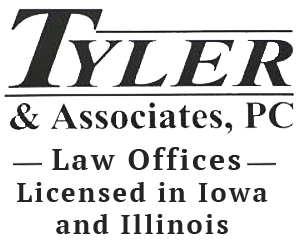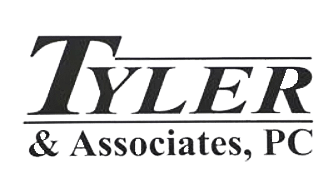If you thought that only the excessive noise levels at your workplace caused your loss of hearing, you might be mistaken. The Occupational Safety and Health Administration says ototoxicants can cause balance problems and hearing loss. Ototoxicants are certain types of chemicals to which many workers in Iowa are exposed.
If you work with solvents, pharmaceuticals or pesticides that contain ototoxicants, your hearing might be at risk. OSHA also warns that ototoxicity combined with excessive noise levels exacerbate the potential adverse effect on your hearing.
Ototoxicants damage the pathways to the brain
The nerves or nuclei that form the auditory system that carries messages about sounds to the brain, and even the brain itself, suffer damage through exposure to ototoxicants, affecting your hearing in the following ways:
- Hearing loss: You will only hear the louder sounds.
- Speech discrimination dysfunction: Voices and background noises will lose clarity and become inseparable.
- Frequency resolution: Sounds with similar frequencies will seem the same.
- Compressed loudness: You will hear distorted sounds.
- Spatial resolution: You will find it difficult to localize sound and determine its origin.
- Temporal resolution: Sounds will flow together because you will be unable to detect time lapses between them.
Of all these hearing impairments, the speech discrimination dysfunction might be the most threatening one if you work in a noisy area because you will not hear warning signals, the voices of co-workers, instructions from supervisors and environmental sounds.
Who is at risk?
If your job involves working with machinery in industries such as chemical and paint manufacturing, textile and apparel, furniture manufacturing, plastics, and others that use chemicals that contain ototoxicants, you will be at risk. The ototoxicants are present in toluene, mercury compounds, carbon monoxide, antineoplastic agents and certain loop diuretics. Protection and prevention can be challenging because it can enter your body through skin absorption, ingestion and inhalation.
Prevention
Information about ototoxicity or presence of ototoxicants might not be on the labels of chemicals. For that reason, your employer must inform you of the risks and provide you with training and safety information to mitigate the hazards. He or she must also provide the necessary personal protective equipment such as a respirator and hand protection.
Workers’ compensation
Securing workers’ compensation benefits for hearing loss could be challenging because it typically develops gradually and you might only become aware of the severity of the damage after years of exposure. An experienced Iowa workers’ compensation attorney can provide invaluable support and guidance throughout the legal and administrative steps of the benefits claims process to obtain the compensation for which you are eligible.

